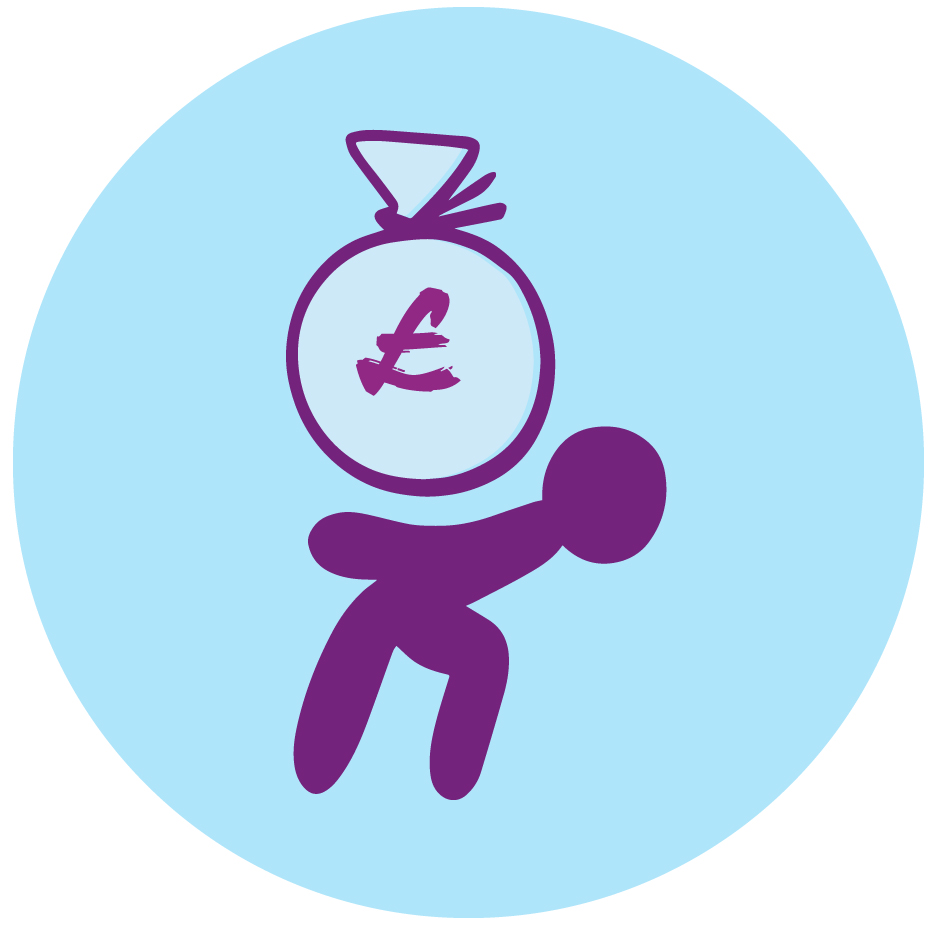Priority and non priority debts
Last updated: 28/09/2022
Debts are split into priority and non-priority debts. Priority debts are ones that have serious consequences if you don’t pay them for example if you don’t pay your rent you could be evicted.

Below are some examples of priority and non-priority debts
Priority debt examples
Council Tax Arrears
Debt Consequences
If you don’t pay your Council Tax your council could serve a “Charge for Payment”. If you still don’t pay they could obtain a Summary Warrant which would allow them to arrest your wages or your bank account. They could also apply to make you bankrupt depending on how much you owe. If you own property or have assets this could have serious consequences for you and your family.
Rent Arrears
Debt Consequences
This is a priority debt because your landlord might evict you from your home if you don’t pay. Your Landlord needs to go through a process to evict you and obtain the correct legal documents. If they have followed the correct process, they could evict you from your home.
Don’t try to deal with this on your own see the debt advice links above.
Mortgage Arrears
Debt Consequences
If you fall behind in your mortgage your lender could take you to court and repossess your home. They have to follow the correct procedure but once they obtain this, sheriff officers could evict you from the property and you would be homeless. There are different rules if you are responsible for children
Don’t try to deal with this on your own see the debt advice links above.
Energy Bills
If the debt is with your current supplier they could disconnect you if you don’t pay them. They would need to get a court order to do this. They will only do this if you ignore the debts. There are rules around who can be disconnected.
Don’t try to deal with this on your own see the debt advice links above.
Secured Personal Loans
If you don’t keep your payments up on a secured loan you could loose whatever is secured for example your house if you own it.
Non-priority debt examples
- Credit Card – If you don’t pay your credit card bill, they will put on interest each month
- Bank Overdraft – you maybe charged a fee if you go into your bank account overdraft and if you can’t repay the overdraft there could be further consequences.
- Doorstep Lender – the interest rate on loans like can be higher than on loans with high street lenders.